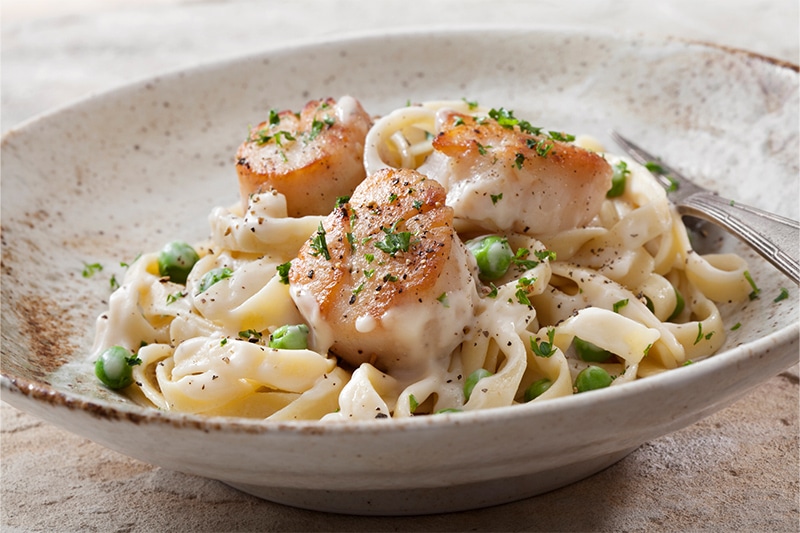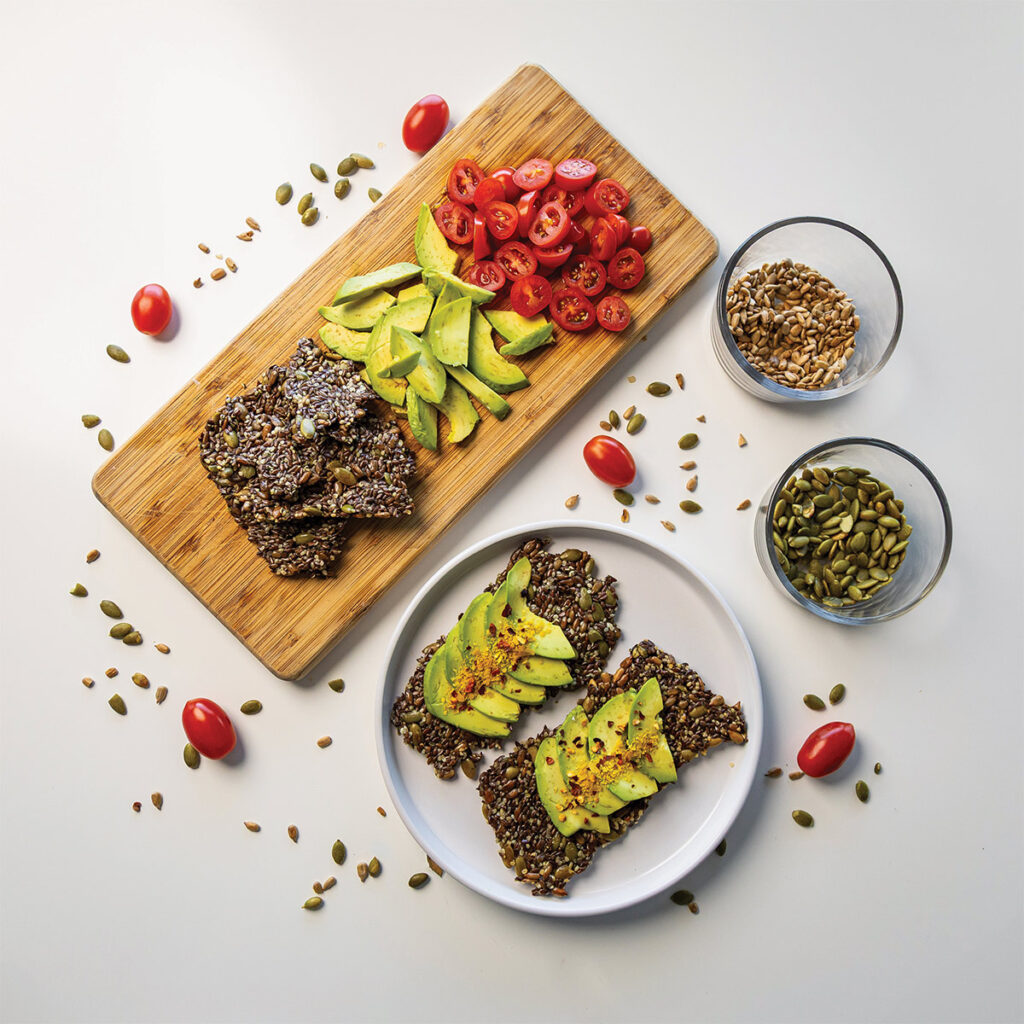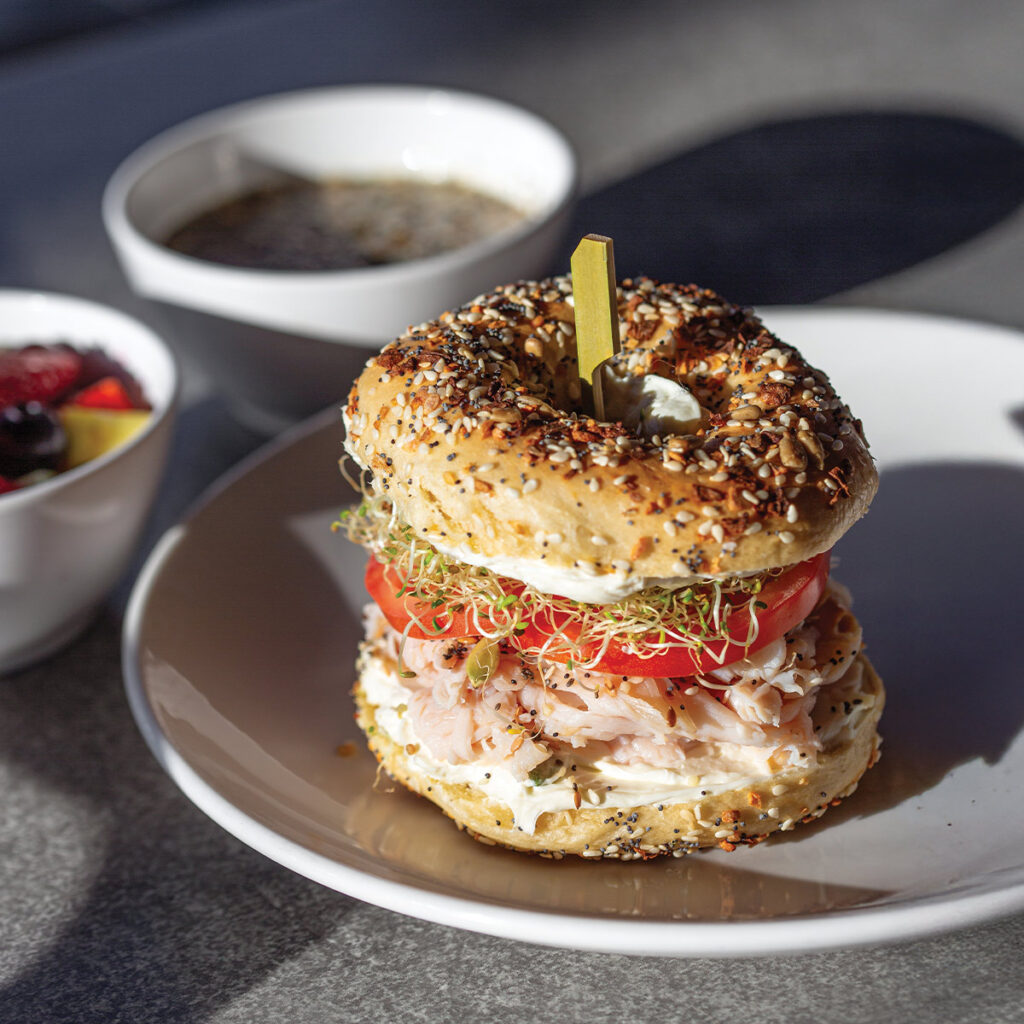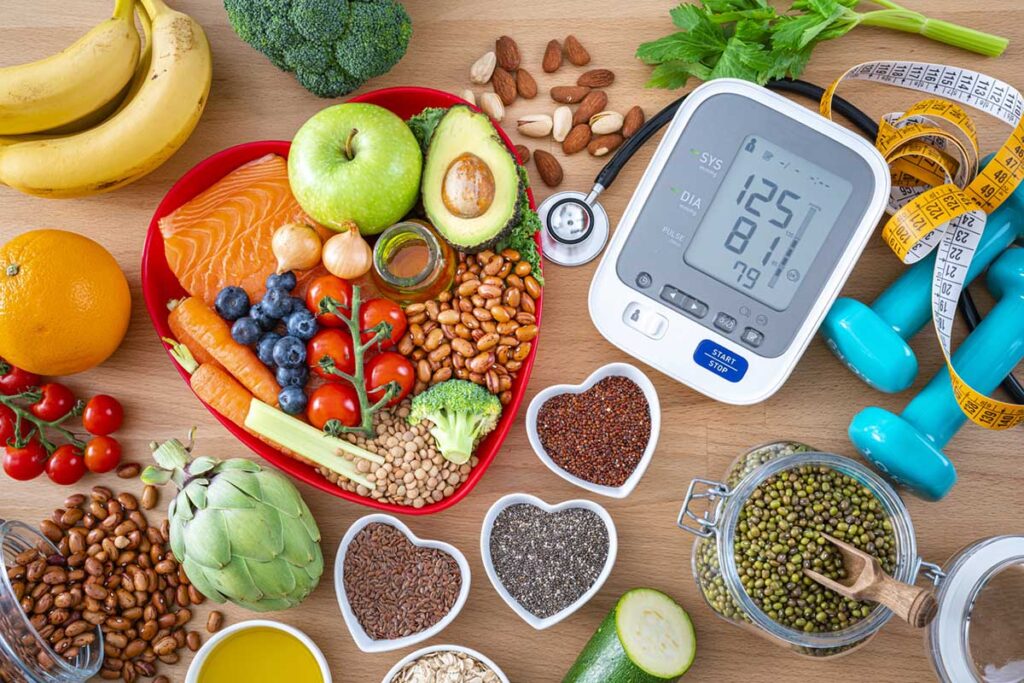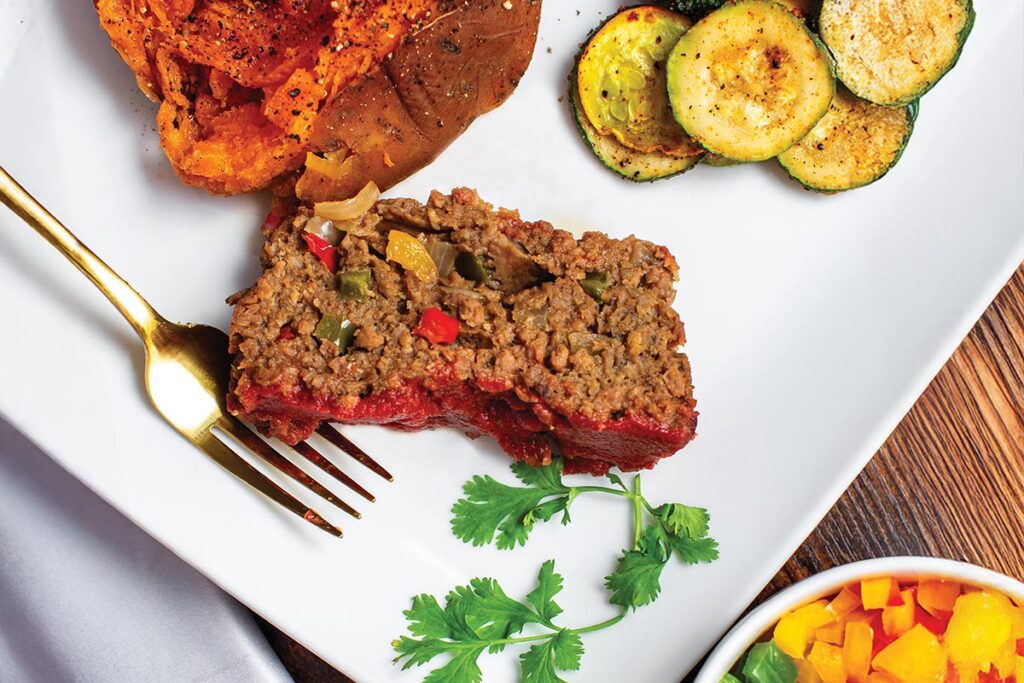What do peas, beans, and lentils have in common? They’re all legumes – a group of seed pods that are normally low in fat, and high in folate, potassium, iron, and magnesium.
In Chattanooga, farm-fresh peas are available at local markets as early as March.
Pea & Scallop Fettuccine
5
servingsThis creamy, comforting dish is great on cooler spring nights.
Ingredients
- 3 cups
frozen peas, thawed
- 1 (8 oz.)
package whole-wheat
fettuccine pasta
- 1 lb.
large dry sea scallops
- ¼ teaspoon
salt, divided
- 1 tablespoon
extra-virgin olive oil
- 1 (8 oz.)
bottle clam juice
- 1 cup
low-fat milk
- 3 tablespoons
all-purpose flour
- ¼ teaspoon
ground white pepper
- ¾ cup
finely shredded Romano cheese, divided
- ⅓ cup
fresh chives, chopped
- ½ cup
butternut squash purée
- 1 teaspoon
lemon juice
Directions
Boil water in a large pot. Add the fettuccine and cook according to package instructions, then drain. While the pasta cooks, pat scallops dry and sprinkle with ⅛ teaspoon salt.
Over medium-high heat, heat olive oil in a large nonstick skillet and add scallops. Cook about 2-3 minutes per side, until golden brown, and place the scallops on a plate. Add clam juice to the pan.
In a medium bowl, whisk milk, flour, white pepper, and the remaining ⅛ teaspoon salt until smooth. Whisk the milk mixture into the clam juice.
Bring the mixture to a simmer, stirring constantly, until thickened (about 1-2 minutes).
Move the scallops and accumulated scallop juices from the plate back into the pan, add the peas, and return to a simmer.
Stir in fettuccine, ½ cup Romano cheese, chives, lemon zest, and juice until combined. Sprinkle the remaining cheese on top.
Nutrition Facts (per serving):
- Calories—399 | Total Fat—7g | Saturated Fat—3g | Sodium—618mg | Carbohydrate—54g | Dietary Fiber—9g | Sugar—8g | Protein —31g
Facts about Peas
Freeze Fast!
Garden peas don’t stay fresh long after harvest! For best results, freeze them within two and a half hours of picking to lock in all the nutrients.
Did you know?
It might be hard to imagine life without sugar snap peas, but did you know they’ve only been around for about 35 years? A hybrid of green peas and snow peas, they were first developed by U.S. plant breeders in 1979.

